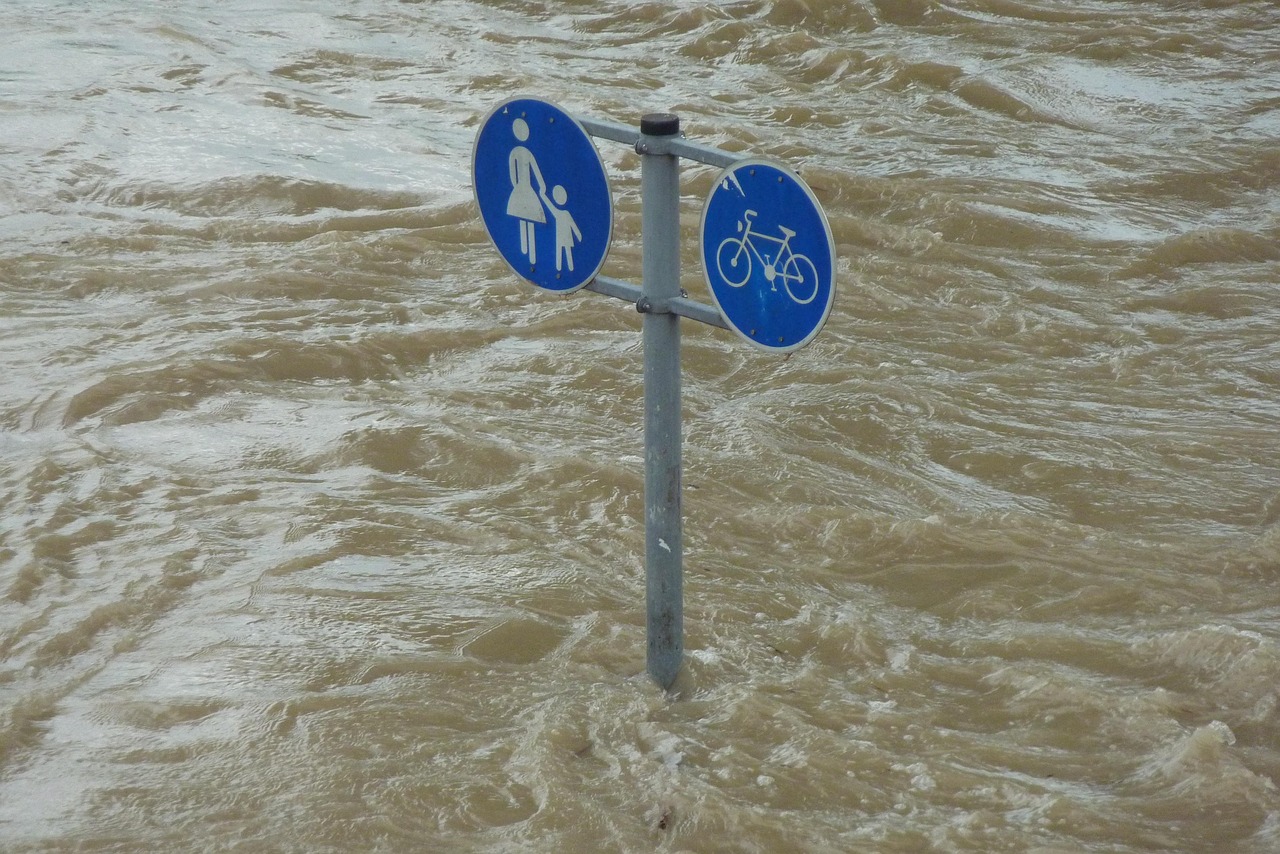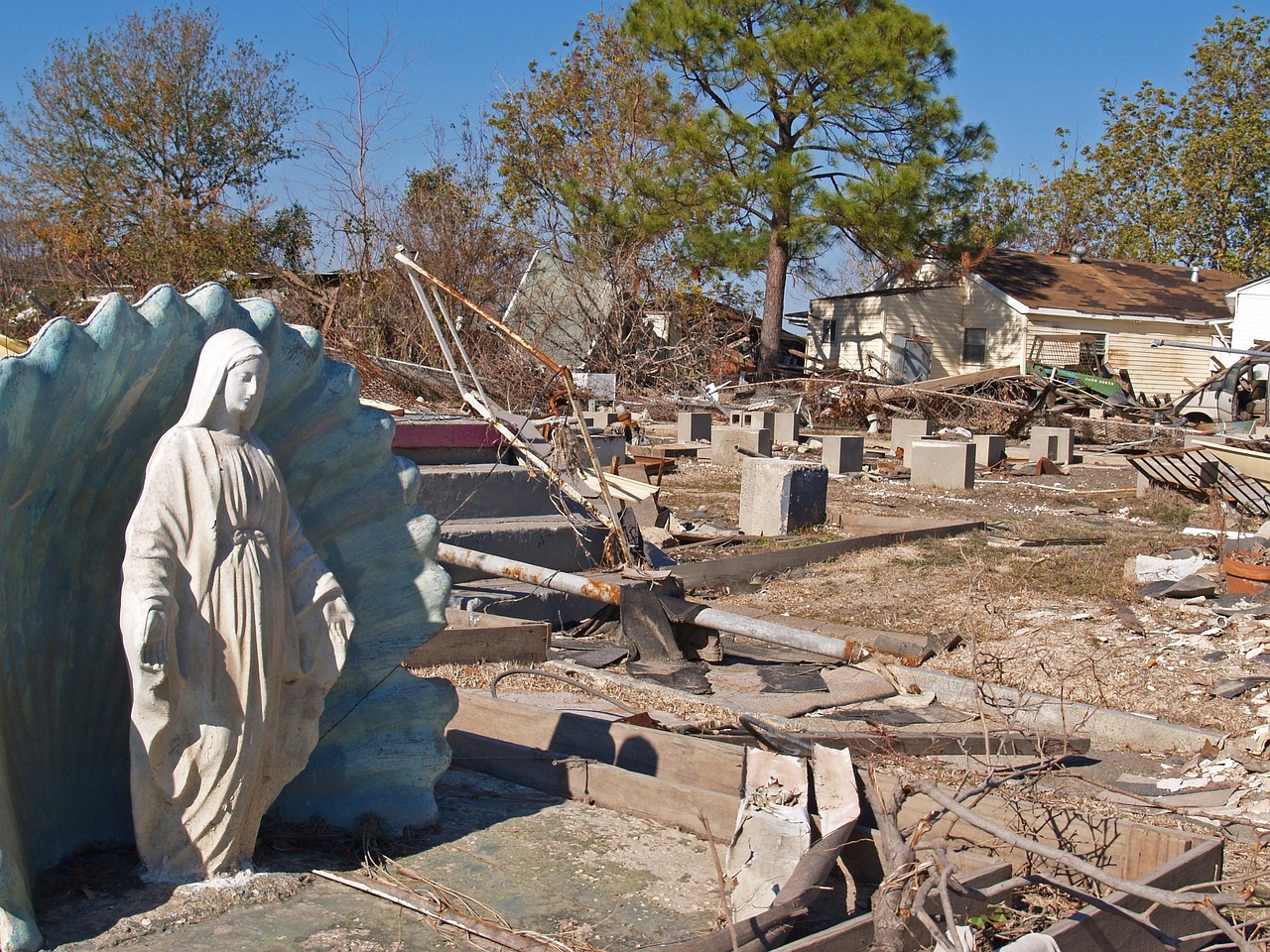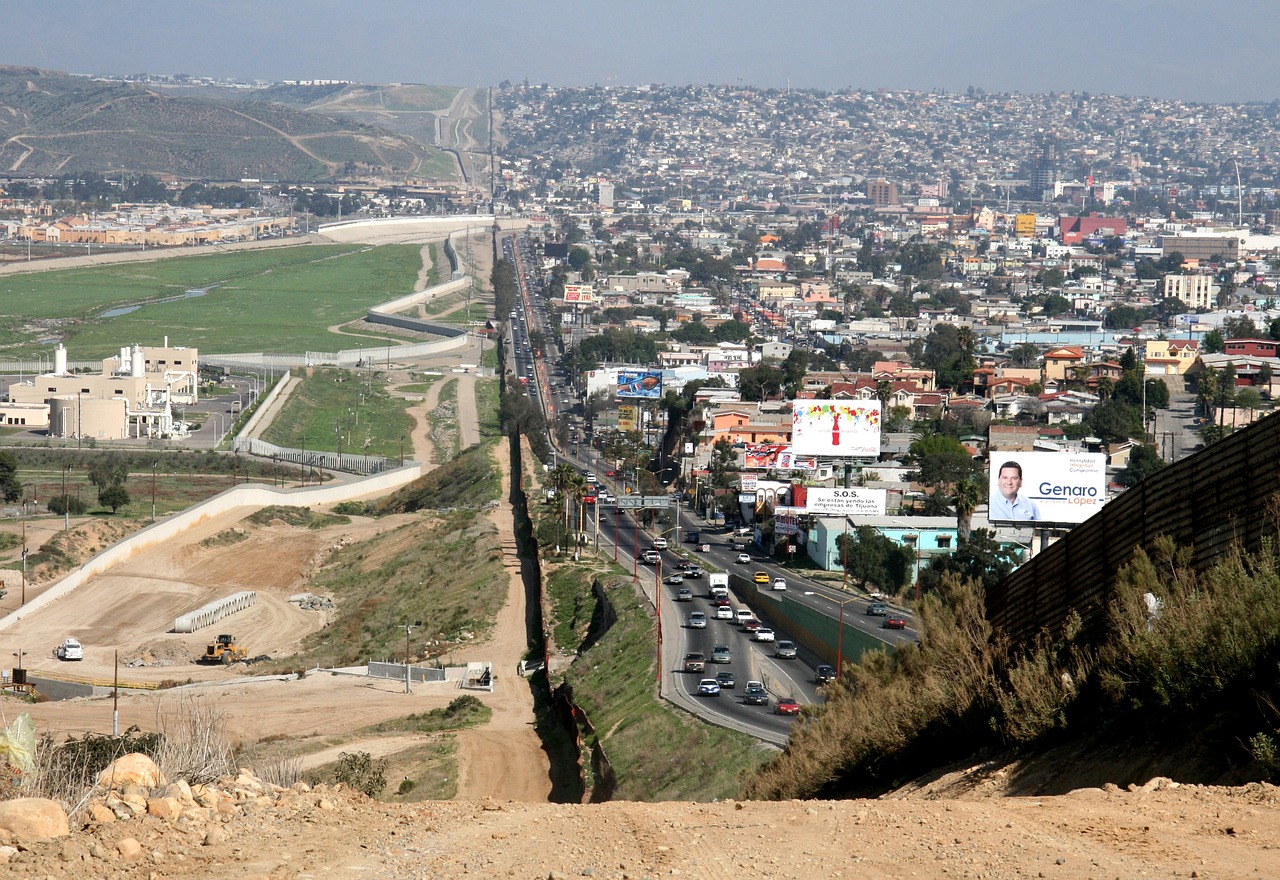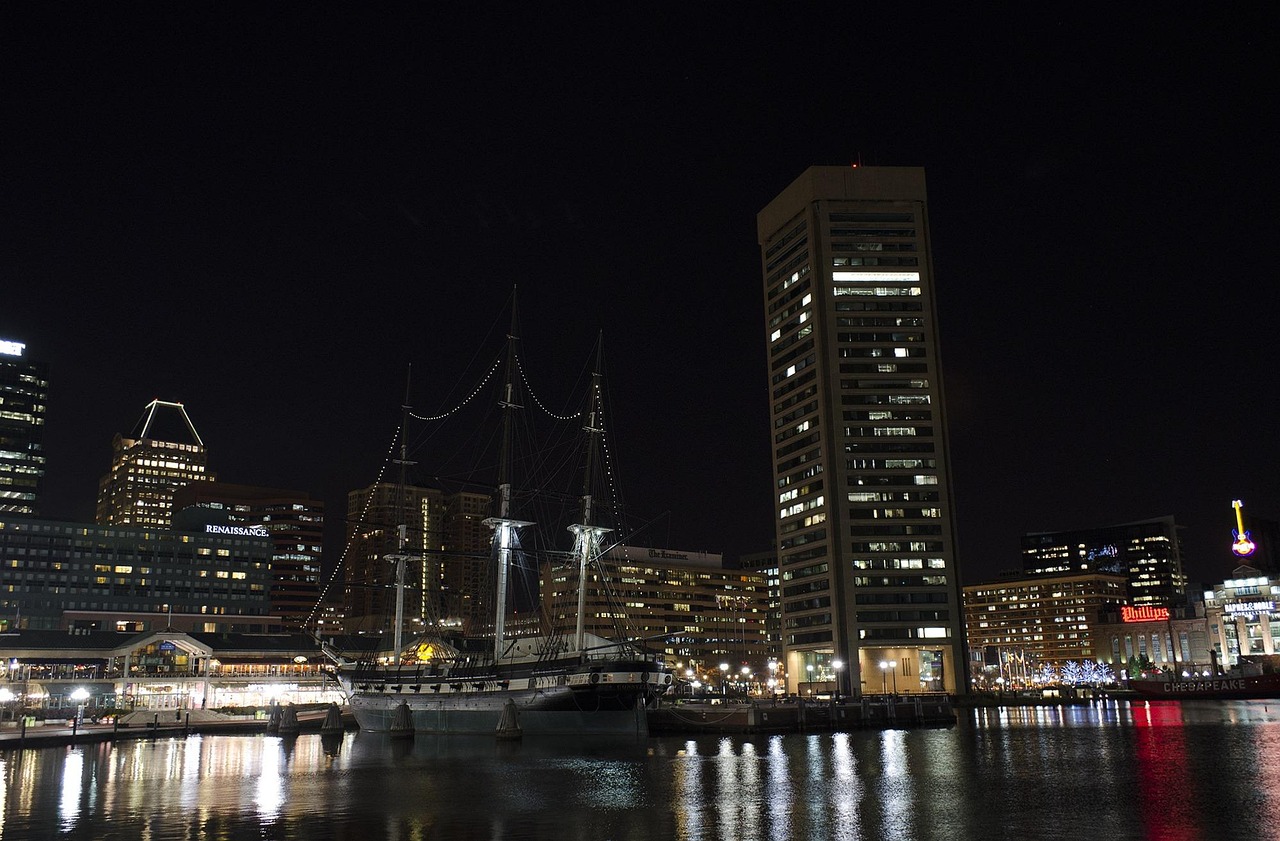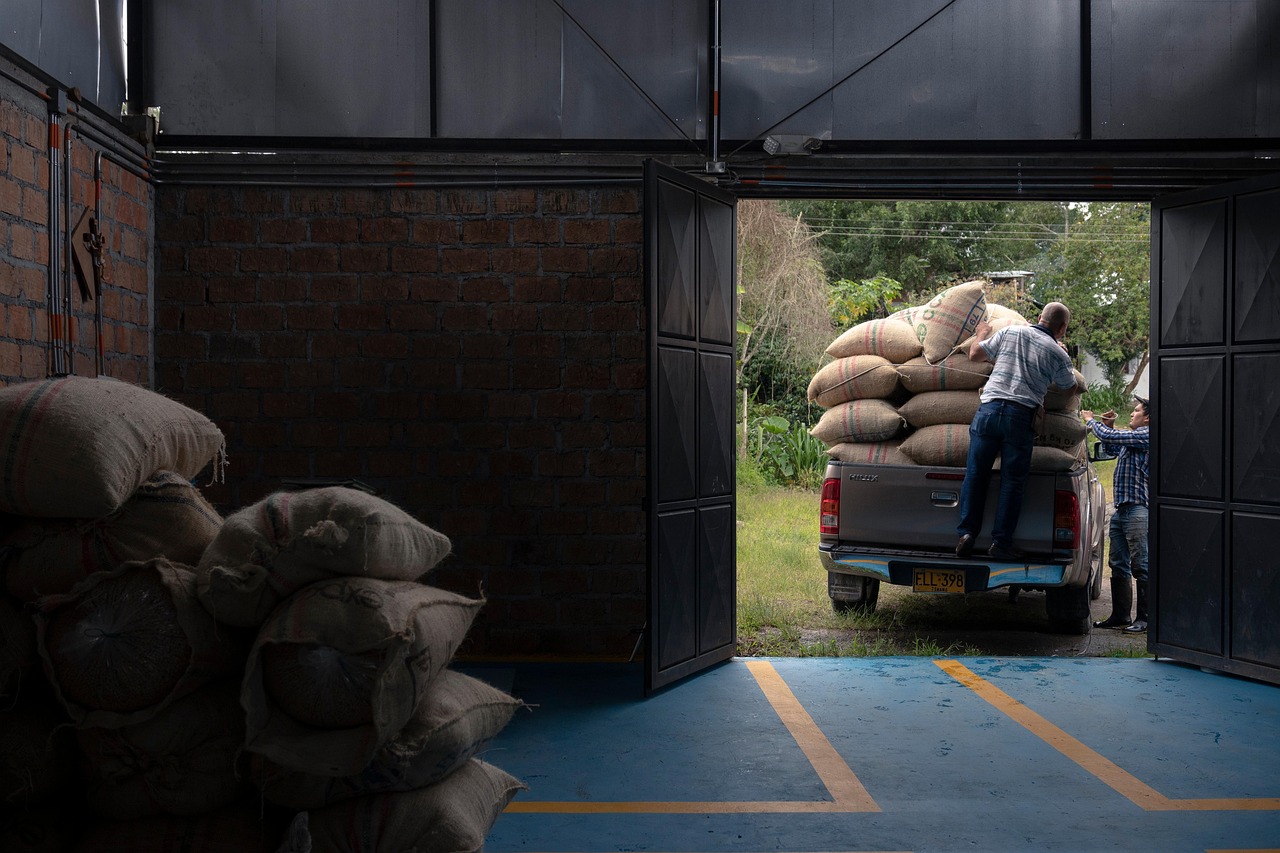
Universal Made Simple → Trump’s Militaristic ICE Operations: A Modern – Day Gestapo
Militarization of Immigration Enforcement
The recent actions taken by the Trump administration regarding immigration enforcement have drawn sharp criticism and comparisons to authoritarian regimes. Governor Tim Walz of Minnesota likened the operations of Immigration and Customs Enforcement (ICE) to a “modern-day Gestapo, ” a statement that resonates especially after the militarized crackdown witnessed in Los Angeles this July. As the administration ramps up its enforcement tactics, it raises critical questions about the balance between national security and civil liberties. The scenes emerging from MacArthur Park in Los Angeles paint a troubling picture. Heavily armed federal agents, accompanied by California National Guard troops, conducted operations that disrupted the local community without making any arrests. This operation, which involved 17 Humvees and four tactical vehicles, showcases a level of militarization rarely seen in domestic law enforcement. According to a report by The Associated Press, this operation is part of an ongoing effort to assert federal authority in a city that has a significant immigrant population.
Public Response and Polling Data
Public sentiment regarding these aggressive immigration tactics is overwhelmingly negative. A recent PBS/NPR/Marist poll revealed that a majority of Americans believe ICE has exceeded its enforcement mandate, highlighting a growing discomfort with the militaristic approach to immigration. This public discontent signals a potential backlash against such tactics as they become more commonplace. The implications of these findings are crucial, suggesting that while the administration may pursue a hardline stance on immigration, it risks alienating a significant portion of the population. This disconnect between government actions and public sentiment underscores a critical challenge for the Trump administration. With plans to allocate billions to ICE through the proposed One Big, Beautiful Bill Act, the agency is poised to become the largest law enforcement entity in the country. This funding initiative is designed to bolster Trump’s anti-immigrant agenda, but it may also lead to increased scrutiny and resistance from communities affected by these policies.
Impact on Local Communities
The implications of militarized immigration enforcement extend beyond public sentiment; they directly impact local communities. The sight of armed federal agents in public spaces like MacArthur Park can instill fear and anxiety among immigrant populations, many of whom may already feel marginalized. The presence of federal agents, particularly when combined with aggressive tactics, can lead to a chilling effect where individuals are less likely to engage with local law enforcement or seek help in emergencies. Moreover, the disruption of community activities, such as children playing in the park, further alienates immigrant families and exacerbates tensions between federal authorities and local communities. The statement from Border Patrol Chief Gregory Bovino, asserting that the federal government is “not leaving L. A.” and that such operations will become the norm, only heightens the sense of unease among residents.
Future Projections and Consequences
Looking ahead, the trajectory of Trump’s immigration enforcement strategy appears set to continue on its current path, with the potential for similar operations to unfold in other cities across the nation. The administration’s commitment to a militarized approach raises significant concerns about the future of civil liberties and community relations. As federal agencies bolster their presence, local governments may find themselves caught in a difficult position, balancing cooperation with federal directives against the need to protect their constituents. The funding allocated to ICE under the One Big, Beautiful Bill Act could result in expanded operations, further entrenching the militarization of immigration enforcement. With the potential for broader implications, communities across the United States may soon face the same disturbing scenes witnessed in Los Angeles, leading to a nationwide dialogue on the ethics and efficacy of such an approach.
Conclusion: A Call for Accountability
In light of the escalating militarization of immigration enforcement, it is crucial for policymakers, community leaders, and citizens to engage in a thorough examination of the implications of these actions. The comparisons made by Governor Walz, while controversial, reflect a growing concern about the erosion of civil rights in the name of national security. As these trends continue to unfold, it is essential to hold the administration accountable and ensure that the rights and dignity of all individuals are respected, regardless of their immigration status. The present and future of immigration policy must prioritize humane treatment and community safety over militarization and fear tactics.







